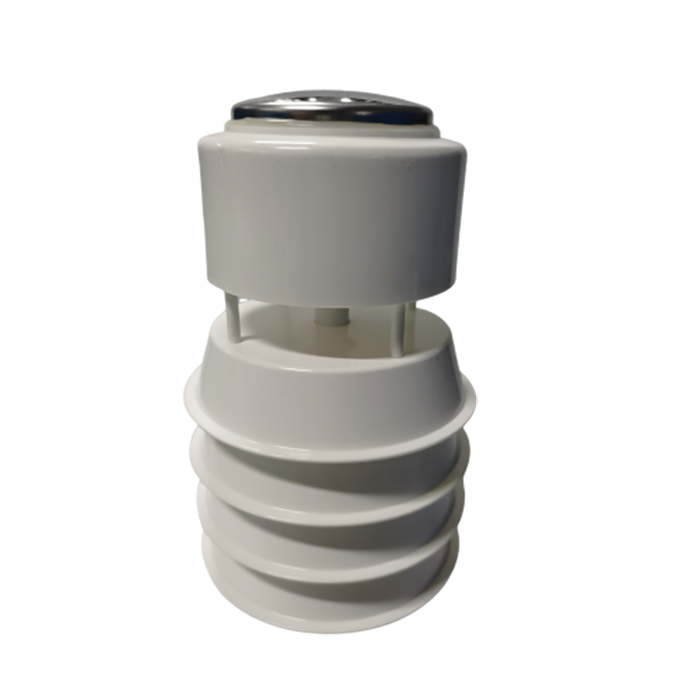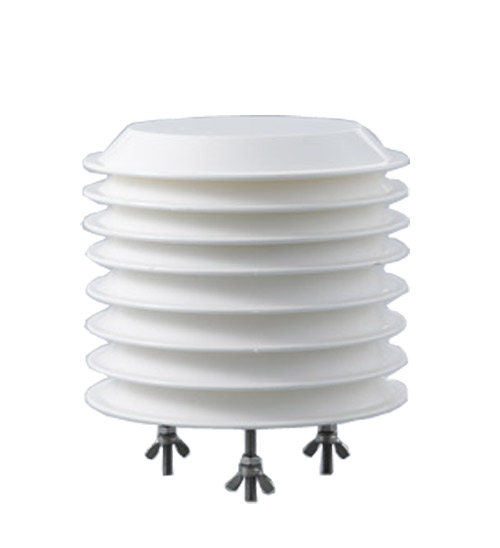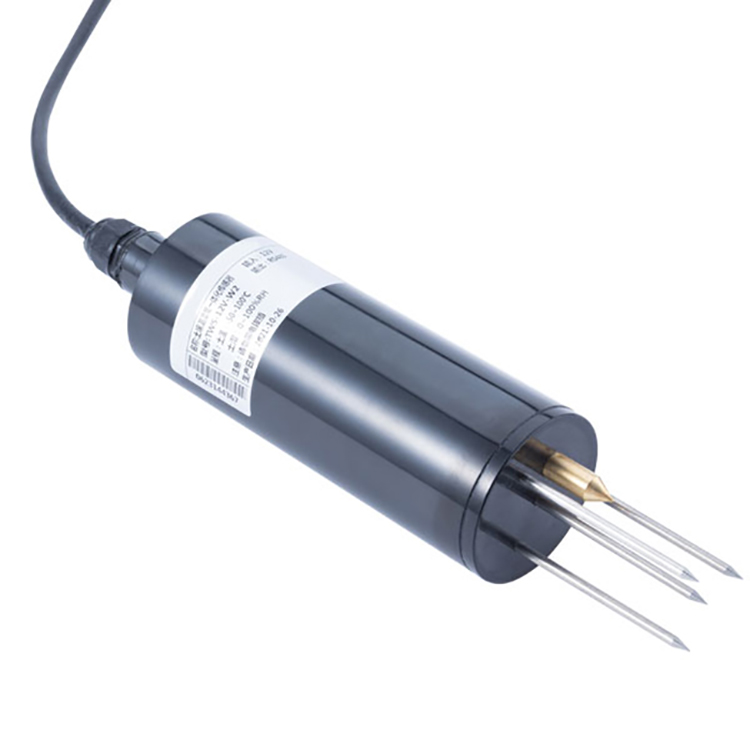

— Blogs —
—Products—
 Consumer hotline +8618073152920
Consumer hotline +8618073152920 WhatsApp:+8615367865107
Address:Room 102, District D, Houhu Industrial Park, Yuelu District, Changsha City, Hunan Province, China
Product knowledge
Time:2024-03-09 17:57:53 Popularity:570
A weather station specifically designed for agriculture plays a crucial role in modern farming practices by providing essential weather data that helps farmers make informed decisions related to crop management, irrigation, pest control, and overall farm operations.Here are key components and features to consider when choosing a weather station for agricultural applications:

|

|

|

|

|
| Anemometer Wind Speed sensor | Wind direction sensor | Tipping bucket rain gauge sensor | Tipping bucket rain gauge sensor | Piezoelectric Rain Gauge |

|

|

|

|

|
| Atmospheric Temperature Humidity air pressure Sensor | ultrasonic wind speed and direction sensor | 5 in1 Ultrasonic Weather Station Sensor | 7 in1 Ultrasonic Weather Station Sensor | Carbon dioxide(CO2) sensor |

|

|

|

|

|
| Solar Radiation Sensor | Solar Radiation Sensor | Photosynthetically Active Radiation Sensor | illumination sensor | Soil Moisture Temperature sensor |
1.Anemometer: Measures wind speed and direction, important for assessing potential wind damage and optimizing spray applications.
2.Rain Gauge: Collects precipitation data, helping farmers track rainfall patterns and manage irrigation schedules effectively.
3.Temperature Sensor: Monitors air temperature, crucial for determining crop growth stages, frost warnings, and heat stress conditions.
4.Relative Humidity Sensor: Measures humidity levels, aiding in disease prevention, evapotranspiration calculations, and irrigation management.
5.Barometric Pressure Sensor: Provides data on atmospheric pressure changes, useful for predicting weather trends and storm events.
6.Solar Radiation Sensor: Measures sunlight intensity, assisting in calculating plant photosynthesis rates and solar energy availability.
7.Soil Moisture Sensor: Monitors soil moisture levels, essential for optimizing irrigation practices and preventing overwatering or underwatering.
8.Leaf Wetness Sensor: Determines the presence of dew or moisture on plant surfaces, aiding in disease forecasting and spray timing.
1.Wireless Connectivity: Enables real-time data transmission and remote monitoring, allowing farmers to access weather information from anywhere.
2.Data Logging: Stores historical weather data for analysis, trend identification, and decision-making.
3.Weather Forecast Integration: Some weather stations can integrate with weather forecasting services to provide accurate short-term and long-term forecasts.
4.Customizable Alarms: Alerts users to critical weather conditions, such as frost warnings, high winds, or heavy rainfall.
5.User-Friendly Interface: Intuitive software or apps for easy data visualization, analysis, and reporting.
6.Expandability: Ability to add additional sensors or modules for more comprehensive monitoring (e.g., leaf wetness sensors, UV sensors).

Precision Farming: Weather data helps optimize farming practices, reduce input costs, and maximize yields through precision agriculture techniques.
Risk Management: Early detection of weather-related risks allows farmers to implement preventive measures and protect crops from adverse conditions.
Resource Efficiency: Data-driven decisions based on weather information promote efficient water use, energy conservation, and sustainable farming practices.
Crop Health Monitoring: Monitoring weather conditions helps farmers identify potential disease outbreaks, pest infestations, and other crop health issues.
By investing in a weather station tailored for agriculture, farmers can enhance their decision-making processes, improve crop management practices, and increase productivity while minimizing risks associated with weather variability.
Weather Stations Catalog
Weather-Stations-Catalog-NiuBoL-2024.pdf
Related recommendations
Sensors & Weather Stations Catalog
Agriculture Sensors and Weather Stations Catalog-NiuBoL.pdf
Weather Stations Catalog-NiuBoL.pdf
Related products
 Combined air temperature and relative humidity sensor
Combined air temperature and relative humidity sensor Soil Moisture Temperature sensor for irrigation
Soil Moisture Temperature sensor for irrigation Soil pH sensor RS485 soil Testing instrument soil ph meter for agriculture
Soil pH sensor RS485 soil Testing instrument soil ph meter for agriculture Wind Speed sensor Output Modbus/RS485/Analog/0-5V/4-20mA
Wind Speed sensor Output Modbus/RS485/Analog/0-5V/4-20mA Tipping bucket rain gauge for weather monitoring auto rainfall sensor RS485/Outdoor/stainless steel
Tipping bucket rain gauge for weather monitoring auto rainfall sensor RS485/Outdoor/stainless steel Pyranometer Solar Radiation Sensor 4-20mA/RS485
Pyranometer Solar Radiation Sensor 4-20mA/RS485
Screenshot, WhatsApp to identify the QR code
WhatsApp number:+8615367865107
(Click on WhatsApp to copy and add friends)